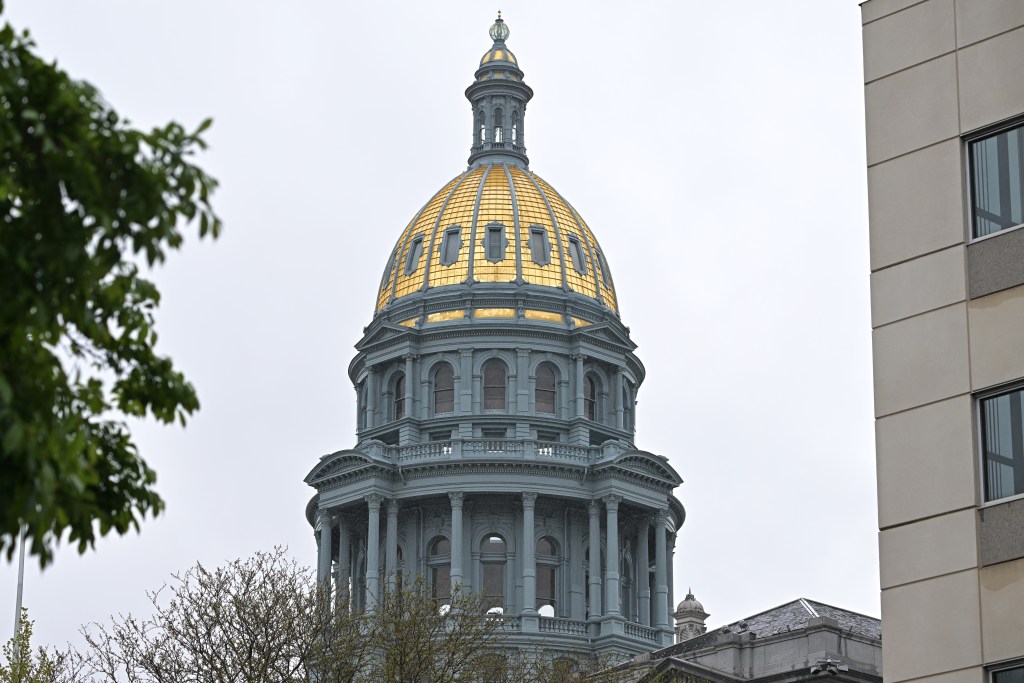
A series of new laws in Colorado took effect on August 6, 2025, aiming to tackle various pressing issues, from the regulation of artificial intelligence to the management of dilapidated housing. These legislative changes, which emerge 91 days after the end of the legislative session, introduce significant reforms impacting both individuals and communities across the state.
One of the most notable laws is Senate Bill 288, which enables Colorado residents to sue individuals who release or threaten to release fake intimate images generated by artificial intelligence, commonly referred to as “fake revenge porn.” This legislation applies if the depicted individual is identifiable, did not consent to the image’s release, and has suffered emotional distress as a result. Plaintiffs can seek damages of up to $150,000 in liquidated damages.
New Regulations for Landlords and Pharmaceuticals
Another important measure, Senate Bill 20, empowers cities, counties, and the Colorado Attorney General’s Office to intervene in cases of poorly maintained rental properties. The law allows for temporary control of chronically dilapidated buildings when a landlord has repeatedly failed to address public safety issues, such as infestations and unsanitary conditions. This legislation was largely a response to ongoing complaints regarding properties managed by CBZ Management in Aurora and Denver, which have faced scrutiny for unsafe living conditions.
In the realm of healthcare, Senate Bill 71 safeguards Colorado’s participation in the 340B Federal Drug Pricing Program, which allows nonprofit hospitals to purchase prescription drugs at discounted rates. This program has been a vital source of revenue for smaller facilities, and the new law prevents pharmaceutical companies from imposing restrictions that could limit this program. The legislation also includes guidelines on how hospitals can use the proceeds from these discounted drugs, restricting them from using funds for taxes, advertising, or lobbying efforts.
Environmental and Social Reforms
In an effort to broaden the state’s energy portfolio, House Bill 1040 officially classifies nuclear energy as a clean energy source. With bipartisan support led by Senator Larry Liston, this new classification is expected to allow nuclear energy facilities to qualify for state grants, enhancing Colorado’s energy options as it seeks to meet growing electrical demands.
Additionally, the new laws include significant provisions aimed at improving air quality. Starting from August 6, advertisements for gas stoves are required to display warnings about the risks associated with indoor use, while lab-grown “cell-cultivated meat” must be clearly labeled to differentiate it from conventional meat products.
Members of the Southern Ute and Ute Mountain Ute tribes will benefit from complimentary access to state parks, reflecting ongoing efforts to acknowledge and support Indigenous communities in Colorado. Furthermore, new rules concerning election processes allow candidates undergoing a recount to appoint a ballot-watcher of their choice to monitor the proceedings.
The state has also removed gender-specific language from laws governing the duties of the agriculture commissioner, recognizing the evolving nature of representation in government roles.
These legislative initiatives signify Colorado’s commitment to addressing contemporary challenges in technology, housing, health care, and environmental policy. As these laws come into effect, they aim to enhance the quality of life for residents while promoting accountability and transparency in various sectors.






